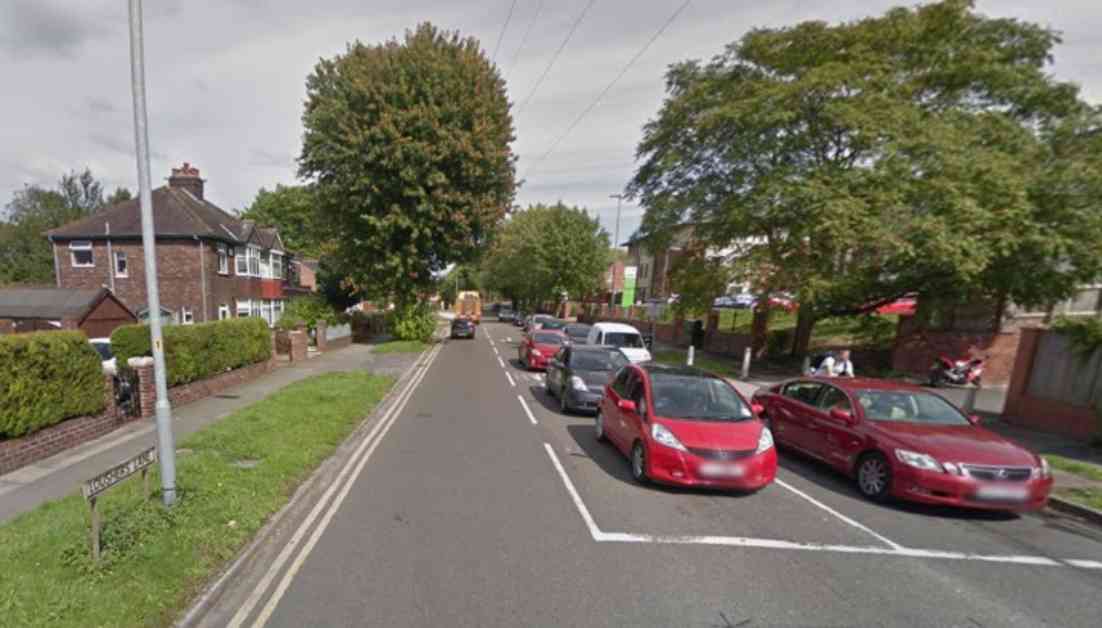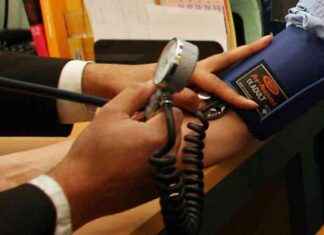Extension Cable Causing House Fires: Understanding the Risks
A frightening incident unfolded in Warrington recently, as a house fire broke out in the early hours of the morning on Loushers Lane. The Cheshire Fire and Rescue Service swiftly responded to the emergency call, with crews from both the Lymm and Warrington stations arriving at the scene at approximately 1.37am. The fire was quickly contained, but not before one individual had to be taken to the hospital for treatment due to smoke inhalation.
The Dangers of Faulty Electrical Equipment
The cause of the blaze was determined to be an extension cable. This highlights a crucial issue that many homeowners may overlook – the potential dangers associated with using faulty or overloaded electrical equipment. According to a spokesperson from the CFRS, the fire originated in the ground floor of the property and was extinguished by firefighters equipped with breathing apparatus and a hose reel jet. Immediate action was taken to isolate the gas and electricity supplies, while a high-pressure fan was utilized to clear the premises of smoke.
The incident serves as a stark reminder of the importance of exercising caution when it comes to electrical appliances and devices. In this case, the use of an extension cable proved to be the catalyst for a potentially catastrophic event. Extension cables are commonly used in households to provide additional outlets for various electronic gadgets and appliances. However, if not used properly or maintained adequately, they can pose a significant fire hazard.
Preventing Electrical Fires: Safety Tips for Homeowners
To avoid the risk of electrical fires caused by extension cables or other electrical equipment, it is essential for homeowners to be vigilant and proactive in their approach to safety. Here are some key tips to keep in mind:
1. Regular Inspection: Inspect all extension cables, power strips, and electrical outlets regularly for signs of wear and tear, frayed wires, or other damage. Replace any damaged equipment immediately to prevent potential hazards.
2. Avoid Overloading: Do not overload extension cables or power strips by plugging in too many devices at once. Be mindful of the wattage requirements of each device and ensure that they are compatible with the capacity of the extension cable.
3. Unplug Unused Devices: When not in use, unplug electronic devices and appliances to reduce the risk of overheating and potential fire hazards. This simple practice can go a long way in preventing electrical fires.
4. Invest in Quality Equipment: Purchase high-quality extension cables and power strips from reputable brands to ensure their durability and safety. Cheaper, substandard products may not offer the same level of protection against electrical faults.
5. Professional Installation: For complex electrical setups or renovations, consider hiring a licensed electrician to install additional outlets or wiring. Improper installation can lead to electrical faults and potential fire outbreaks.
By following these safety guidelines and remaining vigilant about the condition of electrical equipment in the home, homeowners can significantly reduce the risk of electrical fires. It is essential to prioritize safety and take proactive measures to protect oneself and loved ones from potential dangers associated with faulty electrical equipment.
In conclusion, the incident on Loushers Lane serves as a sobering reminder of the importance of electrical safety in the home. By understanding the risks associated with using extension cables and other electrical devices, homeowners can take the necessary precautions to prevent fire outbreaks and protect their property and loved ones. Stay informed, stay safe, and prioritize electrical safety in your household.




















